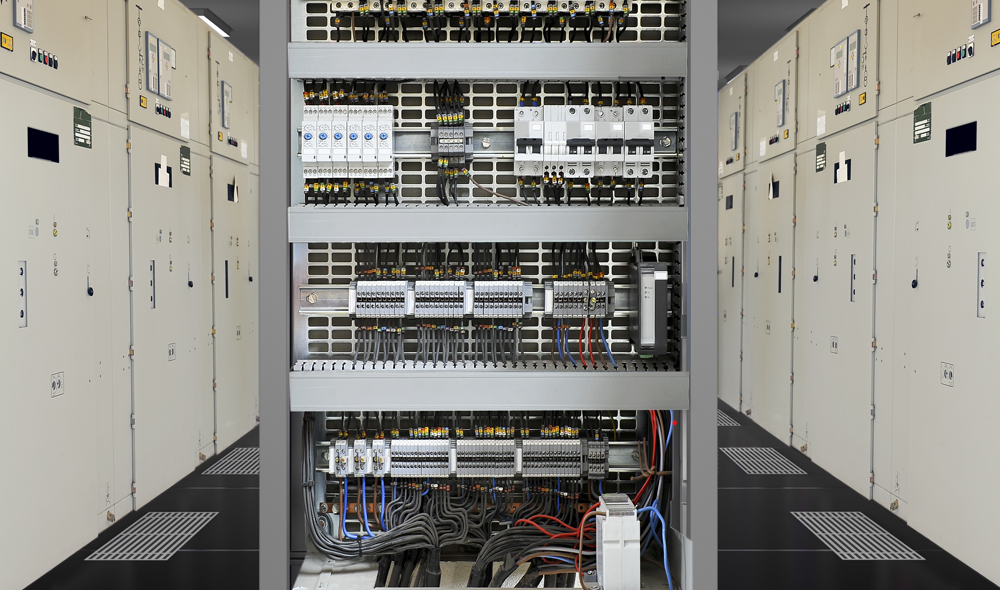About Control Panel for OverseasControl Panel Design and Manufacturing for Other Countries
When designing and manufacturing control panels for overseas markets,
you need to fully understand the standards of the country you are exporting to.
● Points to keep in mind when manufacturing control panels for overseas markets
When designing and manufacturing control panels for overseas markets, it is necessary to fully understand the standards of the country you are exporting to. There are four types of control panel standards: "international standards," "regional standards," "national standards," and "group standards." Let's compare domestic and international standards.
<Domestic and international standards related to control panel production>
- Acquisition of ISO Certification
- Regional standards
- National standards
- Group standards
- Japan
- IEC (International Electrotechnical Commission)
ISO (International Organization for Standardization)
ITU (International Telecommunication Union) - JIS standards
- JEM (The Japan Electrical Manufacturers' Association)
JEC (The Institute of Electrical Engineers of Japan)
JSIA (Japan Switchboard & Control System Industries Association) - Europe
- EN standards (EU member states)
Certification authorities such as TÜV - DIN standards (Germany)
- 米 国
- ANSI standards
- IEEE (Institute of Electrical and Electronics Engineers)
UL standards
UL Inspection agency - Universal
- Countries / Specific regions
- Domestic
- Industry-specific
As you can see, major examples of "international standards" include ISO and IEC Standards, those of "regional standards" include EN Standards, those of "national standards" include ANSI and DIN Standards, and those of "group standards" include ASTM and ASME Standards.
The JIS standards that we are all familiar with are standards that have been compiled for Japan in order to be consistent with ISO and IEC standards.
Overseas standards tend to be stricter than in Japan, and the major difference between domestic and overseas standards is that more "safety" and "reliability" are required.
If you do not comply with the standards from your export destination, there are various risks.
High-level “safety” and “reliability” required by overseas standards
As mentioned earlier, when exporting a control panel overseas, it must basically comply with overseas standards.
In particular, control panels for Europe must comply with the safety standards unified across the EU region.
When doing so, affixing the CE marking on all products is necessary as a common standard for EU member states.
Thus, in order for control panels to meet the necessary safety requirements in each country, high-level safety and reliability that meet various standards are required.
In addition, in order to achieve these, it is necessary to use equipment and design methods that comply with overseas standards.
- Safety
- By using equipment and systems that comply with the standards in each country, including the SIL standards which measure system safety performance,
we are striving to protect the safety of equipment and circuits and prevent accidents.
In particular, control panels must have higher-level safety to comply with the strict regulations in the EU member states.
- Reliability
- By complying with international standards such as ISO and each country’s standards, and by reducing design and wiring,
high reliability can be obtained by reducing the probability of trouble occurring. At the same time, this reduces the labor hours required for inspections.
Selecting a business operator who fully understands the standards of the export destination is key
Proof of compliance with standards (= proof of safety) includes a self-declaration, certification by a third-party certification body, and more.
Generally, if you do not comply with a standard, you will not be able to clear the inspection at customs, your product will be sent back, and you will need to submit additional documents.
As a result, unexpected emergency response is required, delivery is not on time, customers are inconvenienced, and extra costs are incurred.
You will have various problems.
Therefore, when manufacturing control panels for overseas markets, we must carefully listen to what our customers want and design and manufacture control panels with the specifications that meet their requirements.
In order to comply with overseas standards, it is necessary to fully understand the standards of the country you’re exporting to, and in order to comply with them,
the key is to select a company that excels in control panels for overseas markets.

-
Contact UsWe, IDEC Factory Solutions
help customers with their concerns about electrical design.
Please feel free to contact us for more information.
